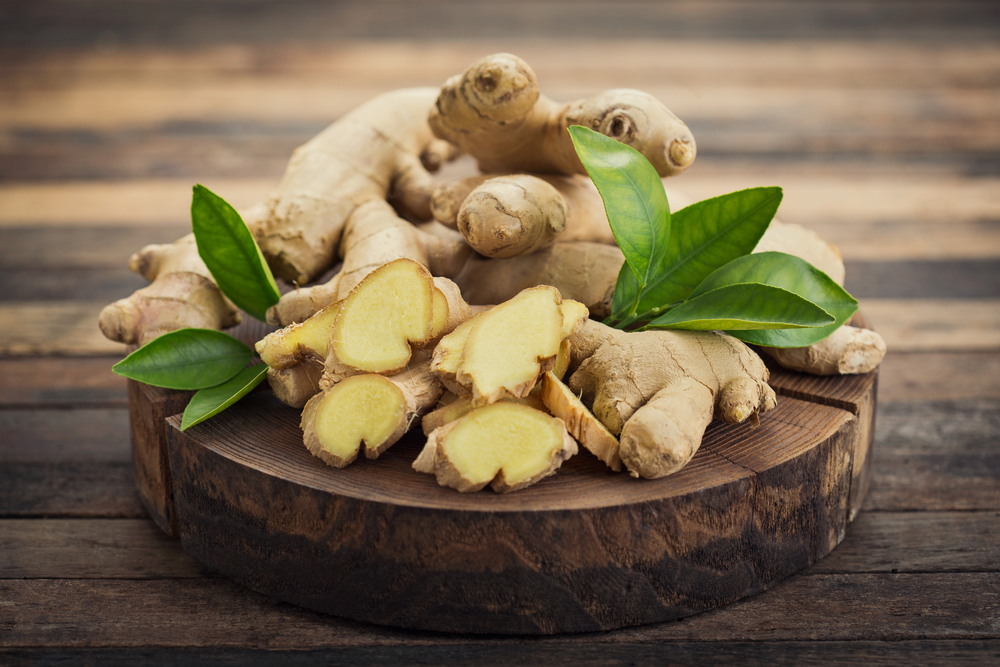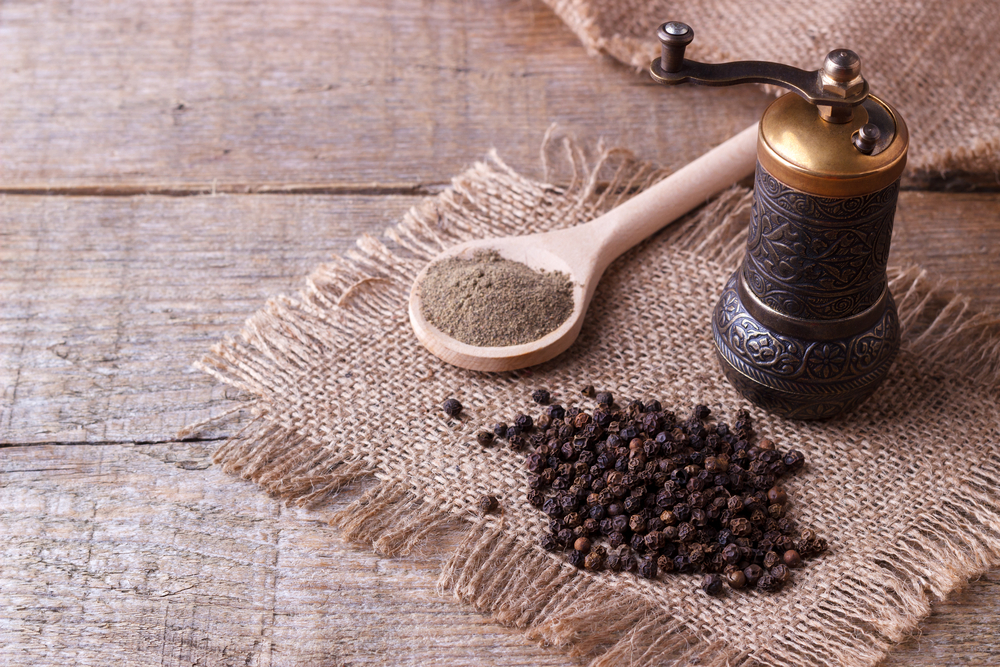Monsoon is here and so is the craving for spiced fritters, maggie, ginger tea, and coffee. Whilst relishing your favorite food items this monsoon, let’s not forget to pay attention to our health and the weakening of digestion. Let’s talk about it in detail in the blog.
Table of Contents
Introduction
Monsoon is the time for family get-togethers, long drives, and snack parties; however, it’s also the season of health problems, bodily distress, and enhanced pre-existing problems. As per Ayurveda, the first shower of monsoon, after a scorching hot season, does offer a sense of relief, but it also aggravates Vata and Pitta in the body leading to multiple health issues.
Aggravation of Pitta Dosha affects the immune system and makes it sluggish. This is the time when most people get infected with flu, cold, cough, digestive issues, and much more. Maintaining a balance between the two doshas can help you deal with infections and manage your body’s internal health.
A few superfoods or spices help maintain the body’s health by managing the balance between the two doshas. Let’s search the monsoon health guide to see which 5 superfoods are a perfect fit for you and how you can consume them daily.
5 Superfoods for Monsoon
Let’s begin with…
Ginger
 Ginger is known for its antiviral and antibacterial properties. It aids in fighting the cold, flu, cough, and season-related diseases. Ginger is hot in potency, aids digestion, and kindles the weakened digestive fire. It pacifies the Vata dosha which is vitiated in this season and helps eliminate the Kapha produced due to the cold weather.
Ginger is known for its antiviral and antibacterial properties. It aids in fighting the cold, flu, cough, and season-related diseases. Ginger is hot in potency, aids digestion, and kindles the weakened digestive fire. It pacifies the Vata dosha which is vitiated in this season and helps eliminate the Kapha produced due to the cold weather.
Including fresh or dry ginger helps in overall rainy season problems and alleviates joint pain, arthritis, cough, cold, stomach ache, and acidity along with boosting your immune system. The first thing that is infected in our body as the season changes is our digestion; so Ayurveda recommends including ginger in your daily diet to help the immune system fight infections.
How can you consume Ginger daily?
You can have ginger in several ways but the most liked forms are:-
- Ginger tea or ginger herbal tea
- Add Ginger while cooking vegetables.
- Have ginger with hot water every morning.
- Ginger chutney mixed with salt, black pepper, jaggery, and few drops of lemon juice
- A small piece of ginger should be chewed with salt and lime juice just before the meals to facilitate easy digestion.
Honey

Honey, also known as liquid gold, is a known remedy for several bodily diseases. In Ayurveda, honey is considered to have Raksha(dry), Ushna(hot), Lekhan (scraping off) properties which facilitate antifungal, antibacterial, and antimicrobial actions that can easily fight rigid infections and viruses during monsoon.
Honey heals your body internally by offering strength to boost your immune system. During monsoon, Ayurveda recommends regular and generous use of honey. Although otherwise, it increases Vata, in monsoon, it balances Vata by drying off the excess kleda in the body.
Honey serves multiple uses from cold, cough to skin problems. A combination of dry ginger, turmeric, and tulsi given with honey pacifies cough bouts and also helps in the expulsion of Kapha. Monsoon is the time for many skin infections and worm infestations to flare up, use of honey reduces kleda and thus improves the effectiveness of medicines given for the same.
How can you consume honey daily?
You can take honey in several forms, but the most known forms are:-
- You can simply enjoy a spoonful of honey alone.
Please note: Honey should never be heated or taken with warm/hot water.
- Stomach infections and stomach pain are common during monsoon. A teaspoon of honey with ginger juice aids digestion and fights infections commonly found in monsoon.
- A spoonful of honey goes well with milk, chapati, or paratha, only these foods should not be warm/ hot.
- A mixture of ghee and honey in unequal quantity boosts immunity.
Garlic

Ayurveda texts mention Garlic as the best food and medicine to alleviate Vata dosha and Vata-related diseases. Garlic is filled with immunity-boosting properties ensuring easy digestion, especially during monsoon. Garlic is considered an ingredient that is hot potency, thus boosting Agni in the body to pacify Vata and regulate Kapha in the body.
Pains like sciatica, joint pain, headache, and stomach ache, usually worsen during the monsoon; also chest congestion, leading to asthma attacks are common in this season Religious use of garlic in food and medicinal preparations resolves the pain and congestion. Garlic also eliminates blood impurities and so keeps skin diseases at bay.
How can you consume Garlic daily?
You can easily include Garlic in your daily diet like
- Make green chutney with garlic.
- Cook food in ginger garlic paste.
- Garlic cloves shallow fried in ghee or oil make a tasty bite.
- Temper dal, or vegetables with garlic.
Ghee

Ghee is clarified butter offering our body sattvic qualities ensuring easy digestion, a strong immunity system, and increased bone density. During the monsoon season, the digestive power lowers due to which heavy food items are not easily digested. Ghee kindles the digestive fire and eases digestion. Ghee being the best among all Sneha (fats) reduces the dryness caused by vitiated Vata and normalizes Vata dosha. It prevents constipation, bloating of the abdomen which is pretty common in this season. The excess Vata is also the cause for joint pain, regular consumption of ghee strengthens the joints, bones and also provides the necessary nutrition
Ghee is also known as Anupana or catalyst that has the power to drive the healing properties of the medicinal herbs deep down into the Sapta Dhatus or seven body tissues. During monsoon, Ghee boosts Agni to help digestive powers and release the Vata and Pitta stored in the body.
How can you consume Ghee daily?
- You can consume ghee daily in the vegetables and lentils you cook.
- A spoon of Ghee in lukewarm water or milk can help the digestive system work better.
- Ghee can also be applied to chapati or taken singly.
Black Pepper

Black pepper is considered to have cleansing and antioxidant properties that help the benefits of herbs to reach different parts of the body. During the monsoon, it is considered to be a vital herb for enhancing digestion and reducing Vata and aam dosha-related issues. Black pepper is a hot spice that is perfect for pacifying Kapha and Vata but increases Pitta.
How can you consume Black Pepper daily?
- You can add pepper to the sauteed salad, soups, or cooked vegetables daily for easy digestion.
- Adding pepper into your herbal tea during congestion and cough gives the necessary warmth and also helps to liquefy and release the Kapha accumulated in the respiratory tract and nasal sinuses.
Please note: These ingredients should be added to your daily diet after consulting an ayurveda doctor. The portion of usage may vary with an individual’s Prakriti, age, and other health conditions.